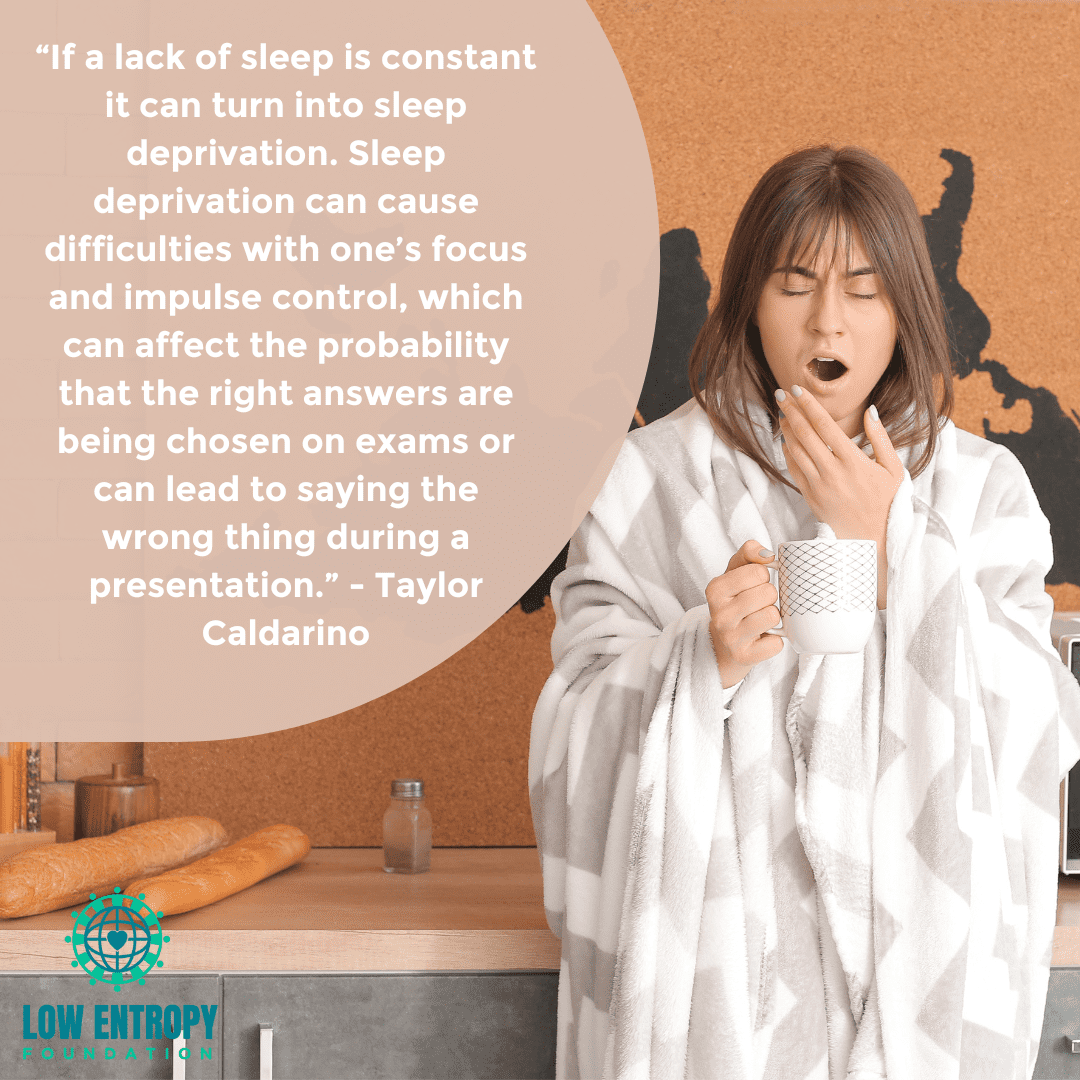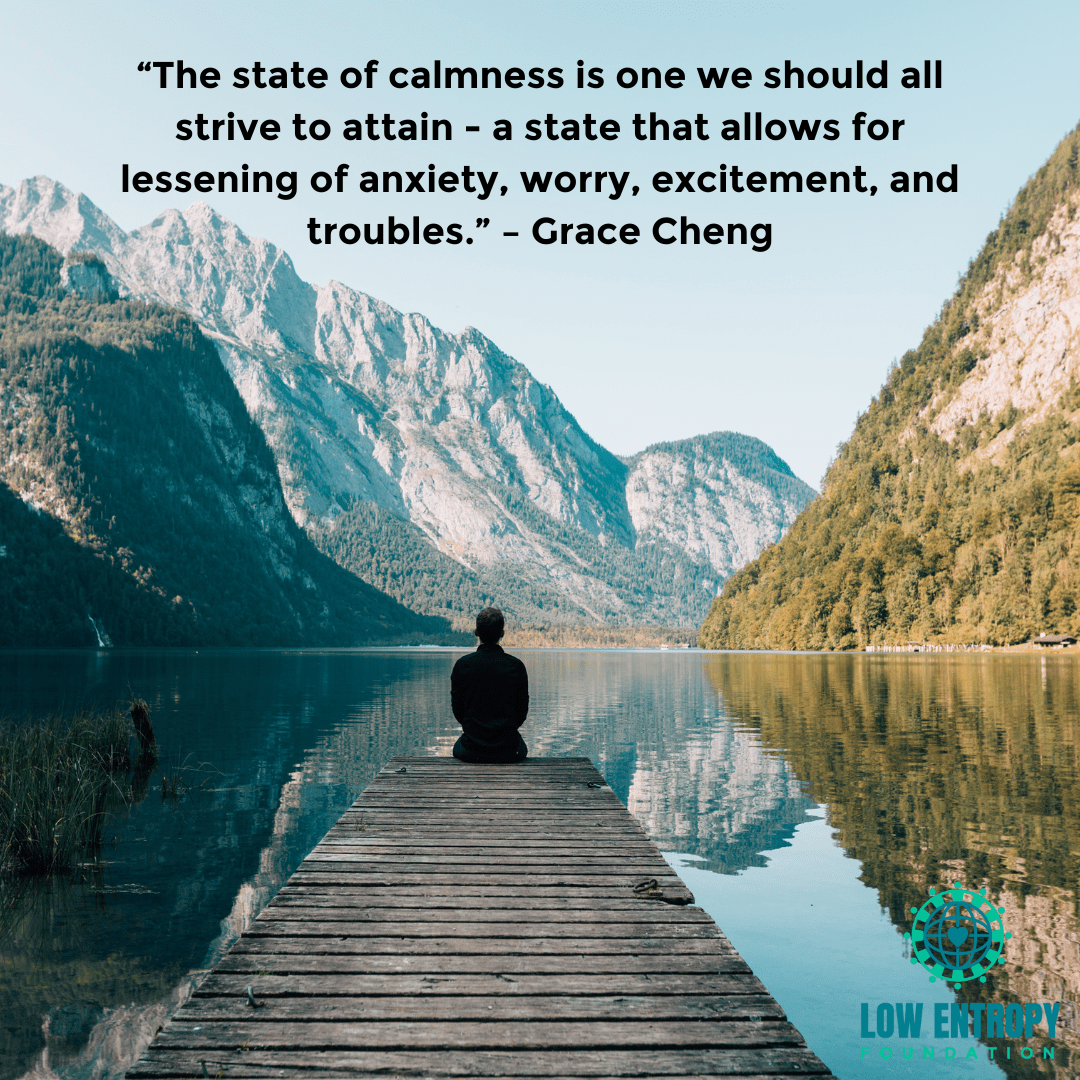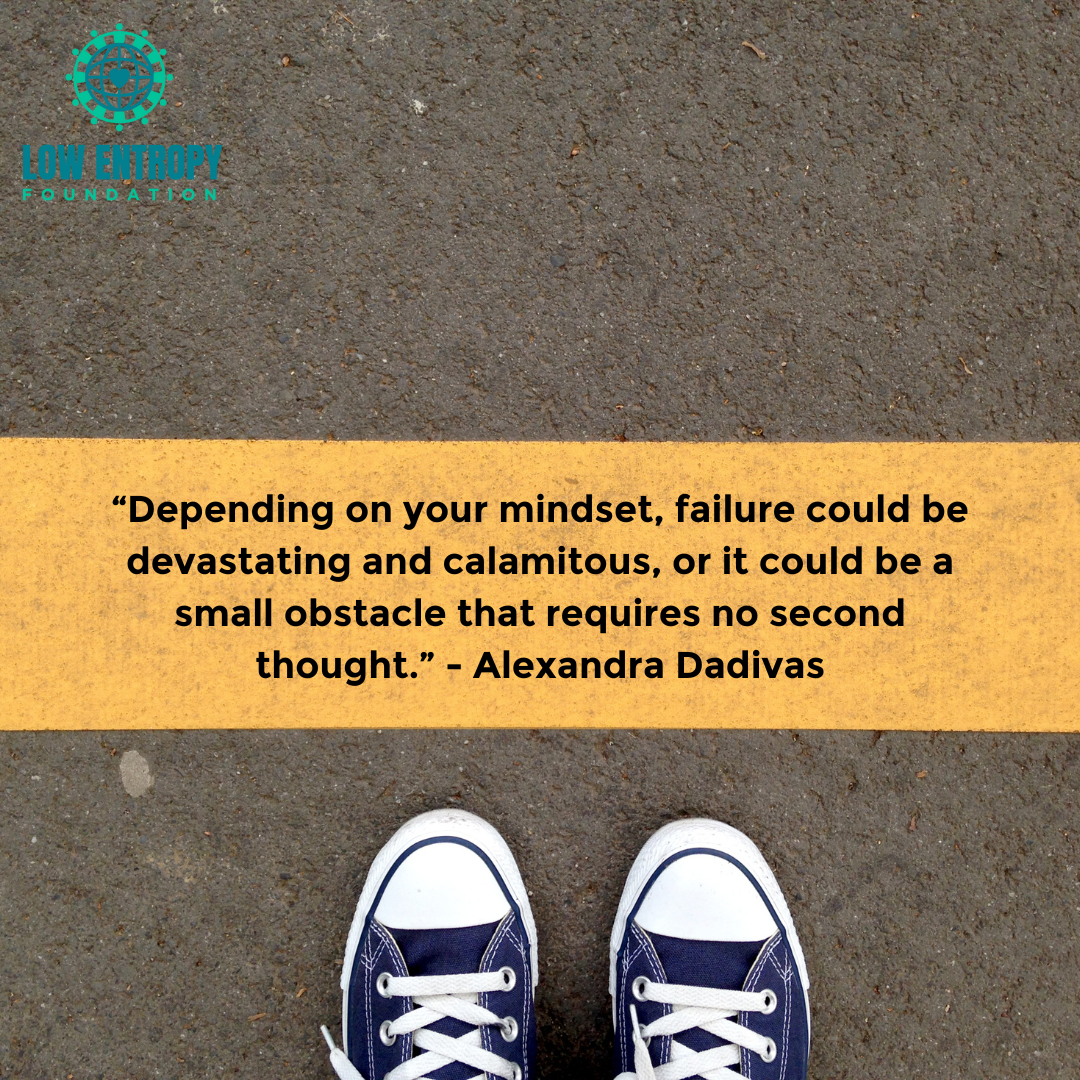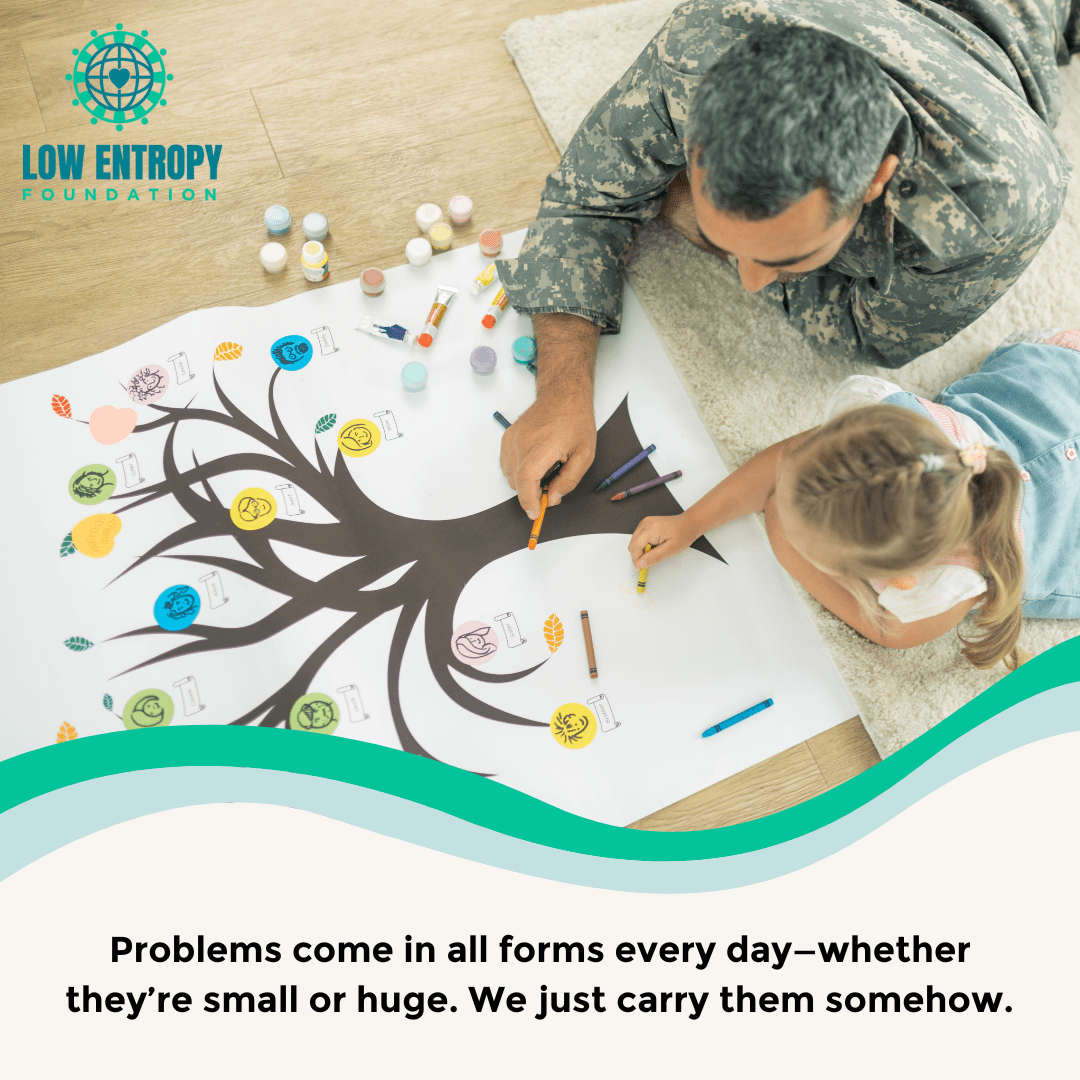Taylor Caldarino (she/her/hers), Low Entropy Volunteer Writer
Have you ever tried to pull an all-nighter to try to learn and review five different chapters for your 8 am midterm or to organize a presentation for work in an attempt to memorize all the key points you want to bring up in a meeting? Leading yourself to wake up feeling as if you barely know anything? This is because you subsequently reduced your cognition (Rana et al., N.D.). Not only is cognition slowed, but poorer sleep quality is related to declines in resistance in interference in episodic memory and updating in working memory (Rana et al., N.D.). Episodic memory is related to your memories of personal experience while working memory includes the small amounts of information you can remember for a short time, such as someone’s address. Episodic memory can be a key factor in learning because the material you review may relate to events that have happened to you in the past.
Lack of sleep can also cause problems when trying to consolidate information. Consolidation strengthens the recall ability of new memories or newly learned material (Gomez et al., 2020). Poor sleep quality decreases this process because sleep quality is the most important factor when it comes to consolidation; following that is sleep duration and feelings of tiredness (Gomez et al., 2020). So let’s discuss the best way to ensure consolidation occurs. Gomez et al found that practicing declarative learning (which is learning information we can describe) in the morning increases the likelihood of stabilizing newly learned information compared to those who learned in the afternoon or evening (2020). Studies have found that a 90 minute nap right after learning allows for better consolidation compared to taking a 90 minute nap four hours after encoding (Gomez et al., 2020). An eight hour sleep at night also prevents a decline in performance in newly learned tasks (Gomez et al., 2020).
If a lack of sleep is constant it can turn into sleep deprivation. Sleep deprivation can cause difficulties with one’s focus and impulse control, which can affect the probability that the right answers are being chosen on exams or can lead to saying the wrong thing during a presentation. This means you may just pick the first answer or say the first thing that comes to mind instead of thinking it through (Gomez et al., 2020).
There is no doubt that aging can have adverse effects on memory, but by how much?. Liu et al conducted a study with 59 participants (29 young adults and 30 older adults) and ensured sleep disturbances through a series of phone calls (2020). To test for memory participants were shown three different images (positive, negative and neutral) for 2000ms and after a night of disturbed or undisturbed sleep, the participants were asked to describe the pictures in as much detail as they could (Liu et al., 2020).
Liu et al compared the memory consolidation of those in the phone call group that disturbed their nighttime sleep with those who got a full night’s rest in the younger and older adults (2020). They found that older adults are less resistant when it comes to a lack of sleep, meaning they consolidate less information when compared to younger adults after a restless night (Liu et al., 2020). The study also found that unnatural sleep disturbances tend to affect older adults more, which may be a contributing factor as to why older adults show a decline in memory (Liu et al., 2020).
In conclusion, it is very difficult to form new memories or learn new material if consolidation can not properly take place. A chronic loss of sleep can result in sleep deprivation which can create a more intense problem when compared to just one night of lost sleep. There are ways to try to combat memory loss in older age, such as by eating a healthy diet, exercising and playing memory games.
References
Gomez Fonseca, A., & Genzel, L. (2020). Sleep and academic performance: Considering amount, quality and timing. Current Opinion in Behavioral Sciences, 33, 65–71. https://doi-org.proxy.lib.sfu.ca/10.1016/j.cobeha.2019.12.008
Liu, X., Peng, X., Peng, P., Li, L., Lei, X., & Yu, J. (2020). The age differences of sleep disruption on mood states and memory performance. Aging & Mental Health, 24(9), 1444–1451. https://doi-org.proxy.lib.sfu.ca/10.1080/13607863.2019.1603286
Rana, B. K., Panizzon, M. S., Franz, C. E., Spoon, K. M., Jacobson, K. C., Xian, H., Ancoli-Israel, S., Lyons, M., & Kremen, W. S. (N.D.). Association of Sleep Quality on Memory-Related Executive Functions in Middle Age. Journal of the International Neuropsychological Society., 24(1), 67–76. https://doi.org/10.1017/S1355617717000637
—
My name is Taylor, and I am currently majoring in psychology and minoring in gerontology at Simon Fraser University. I also love to hike and cook!


















